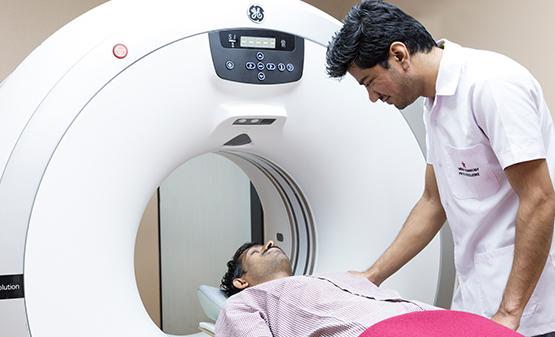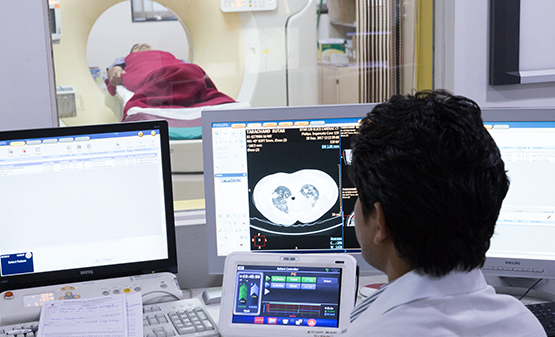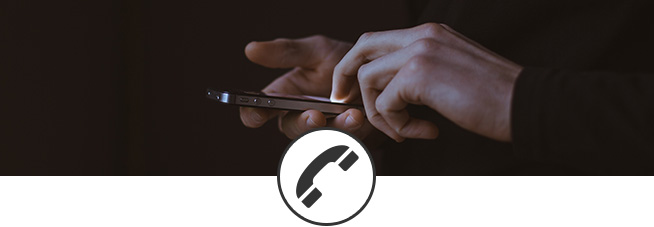One of the key diagnostic elements guiding the therapeutic approach in the acute phase of an ischemic stroke is the presence or absence of intracranial large vessel occlusion (LVO).
This can be detected using neurovascular CTA of the head and neck.
CTA, being a non-invasive technique saves both procedure time and patient discomfort, as compared with DSA and MRA. It provides high quality, three dimensional image data sets to study cerebro-vascular anatomy.
In staging renal cell carcinoma, the goal of any imaging study is to identify patients who have a resectable tumor and can be cured by means of surgical intervention.
Three dimensional CT combined with CT angiography has the potential to provide all the critical information needed to characterise the lesion and plan the surgical procedure.
Our 160 slice CT scanner provides pre-operative interactive display of a 3D model of the affected kidney and its vascular supply to the surgeons.
Previously, DSA was the only established reliable imaging technique to quantify atherosclerotic disease load in patients with PAD. Advent of MDCTA now challenges this old gold standard, along with other non-invasive techniques such as magnetic resonance angiography (MRA).
Our 160 slice MDCT scanner offers better diagnostic interpretation and eloquent anatomical and pathological display of the entire arterial tree, non-invasively and at lowest
radiation dose (iDose) optimizing maximum arterial enhancement, without venous contamination is a challenge in assessing distal run off of symptomatic limb.
CT angiography is important in the evaluation of pediatric congenital heart disease. It can be used for accurate depiction of complex cardiovascular anatomic features both
before and after surgery. Evaluation of post treatment complications can also be performed.
CT facilitates assessment of extracardiac systemic and pulmonary arterial and venous structures.
Compared with the previous CT scan machines, 160 slice scanner yields images
with better temporal and spatial resolution, greater anatomic coverage of the patient, more consistent enhancement with lesser volume of intravascular contrast material and
high quality 2D reformation and 3D reconstruction owing to acquisition of an isotropic data set. These are achieved with an additional advantage of reduced radiation dose
to patient. CT can be considered the first line imaging technique for evaluation of suspected vascular ring or sling, mapping of the aortopulmonary collateral arteries in
patients with severe right ventricular outflow tract obstruction and evaluation of an anomalous pulmonary and systemic venous return.
Cardiac coronary angiography study allows ostium evaluation, presence/absence of vascular remodelling, percentage stenosis, characterisation of the plaque, evaluation of
its extent and site, involvement of branch origin and evaluation of distal vessel. Limitations include very high calcium deposition within the vessel walls obscuring the
lumen due to blooming artifacts. It has a negative predictive value in the range of 98% for ruling out significant in stent restenosis. Assessment of bypass grafts and distal
runoffs by invasive coronary angiography is cumbersome and often requires extra procedure time, contrast load, and radiation exposure. Cardiac CT provides 3D anatomy of grafts,
is non-invasive and successfully visualises the grafts, anastomosis and distal vessel.


